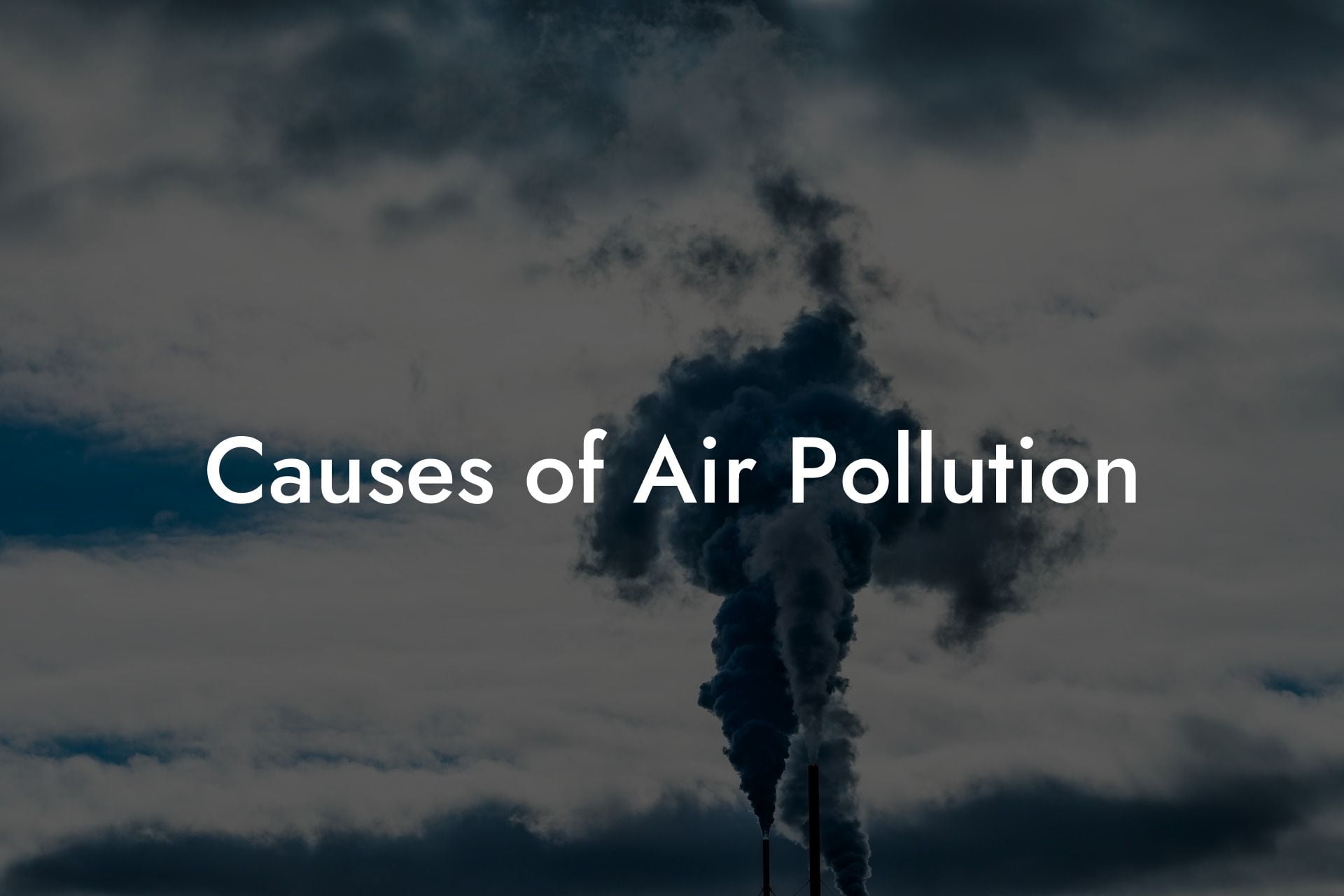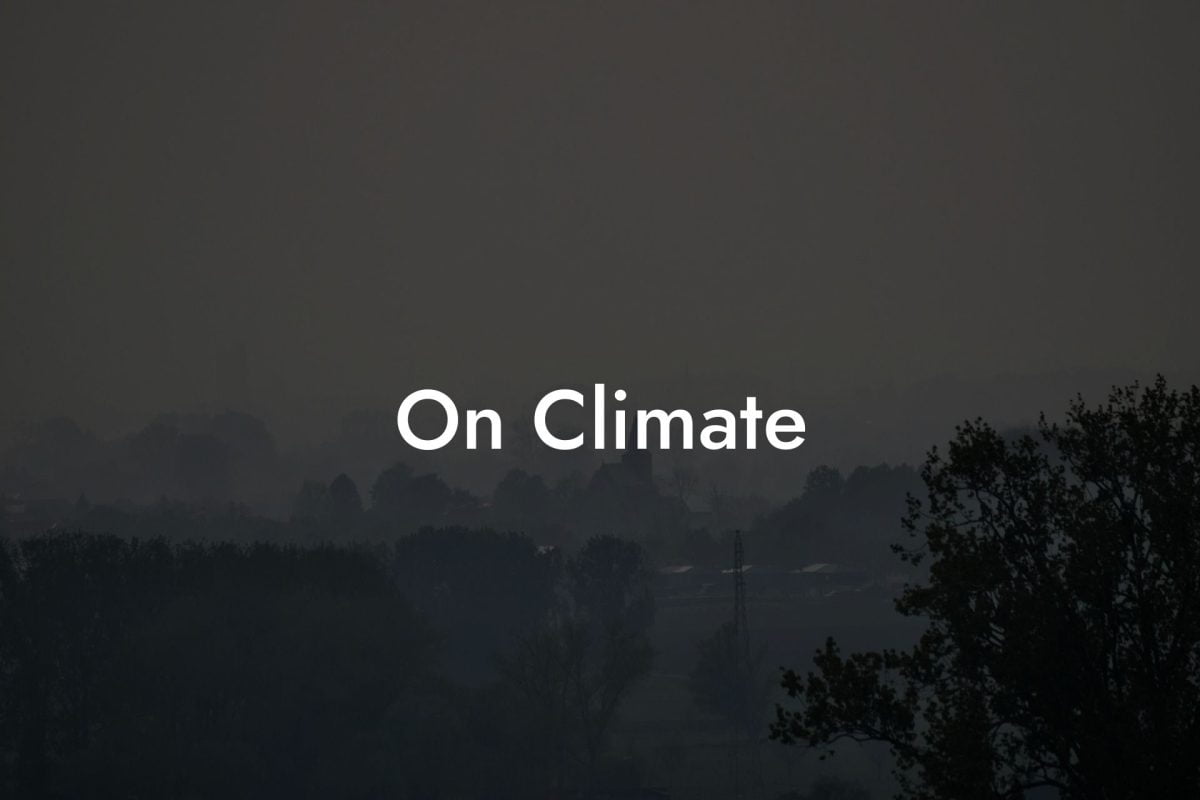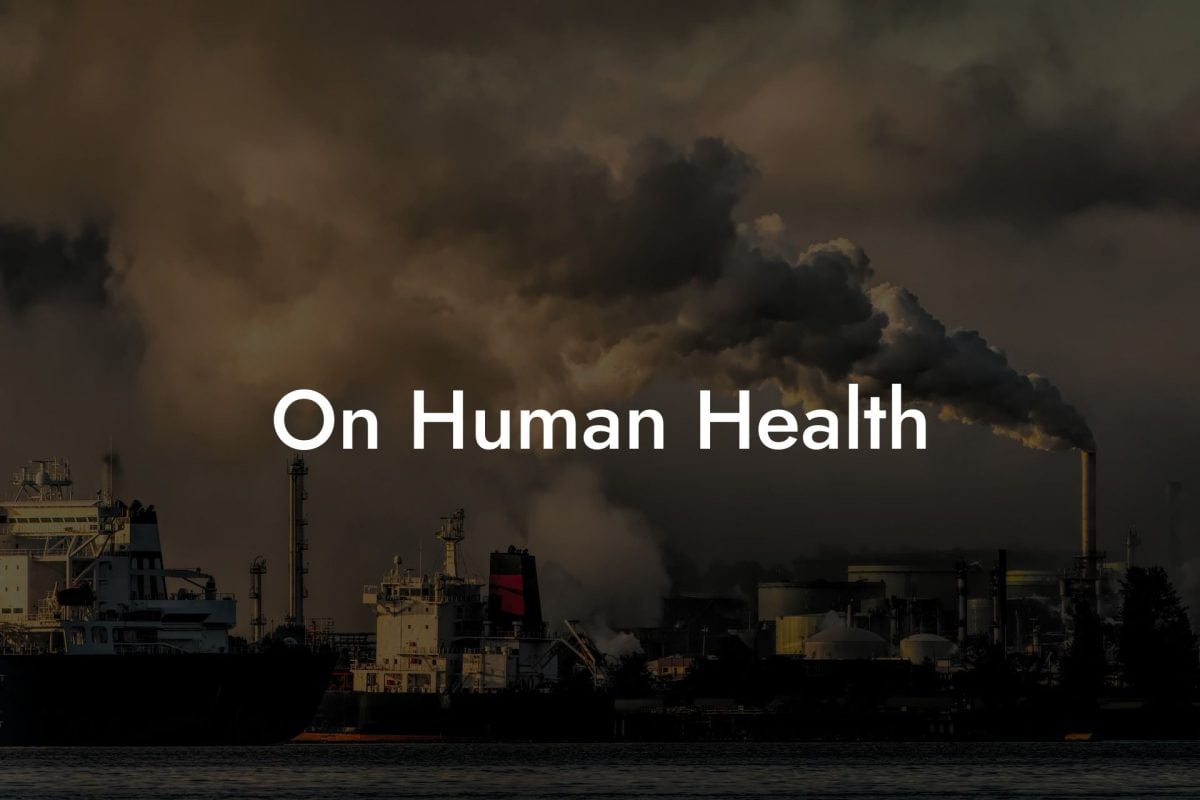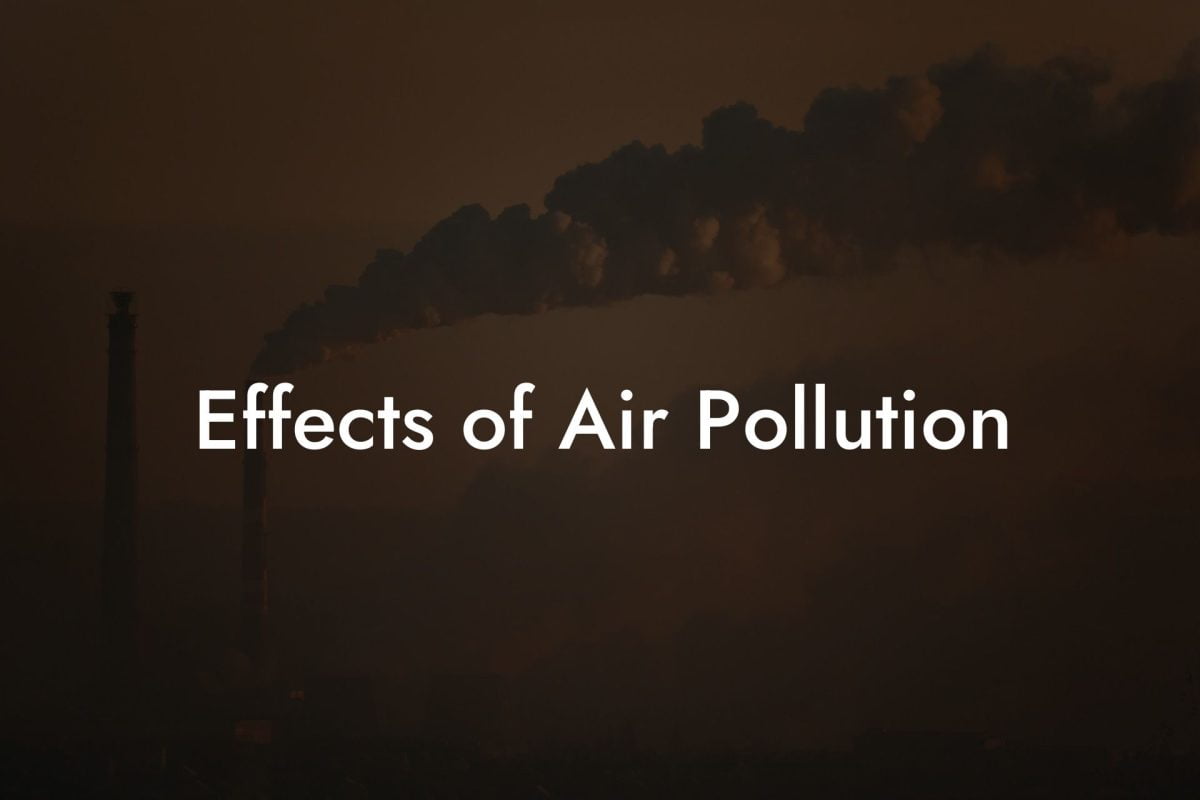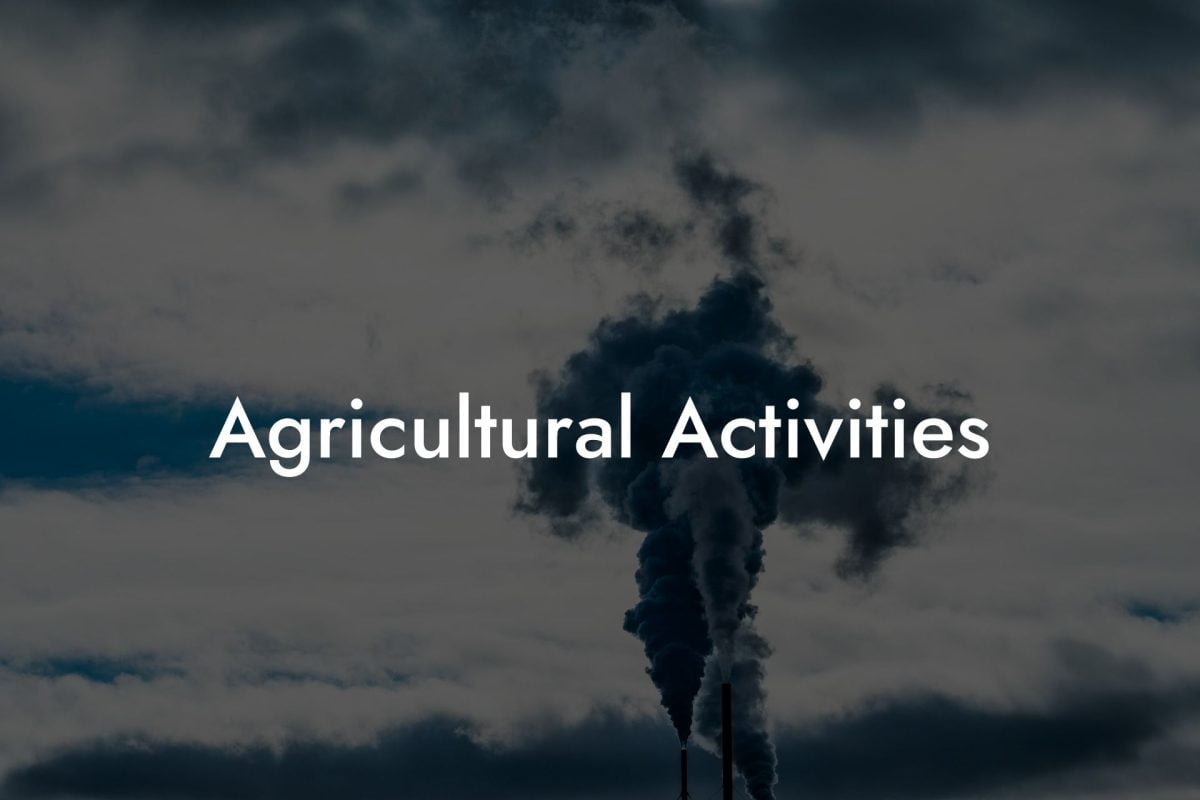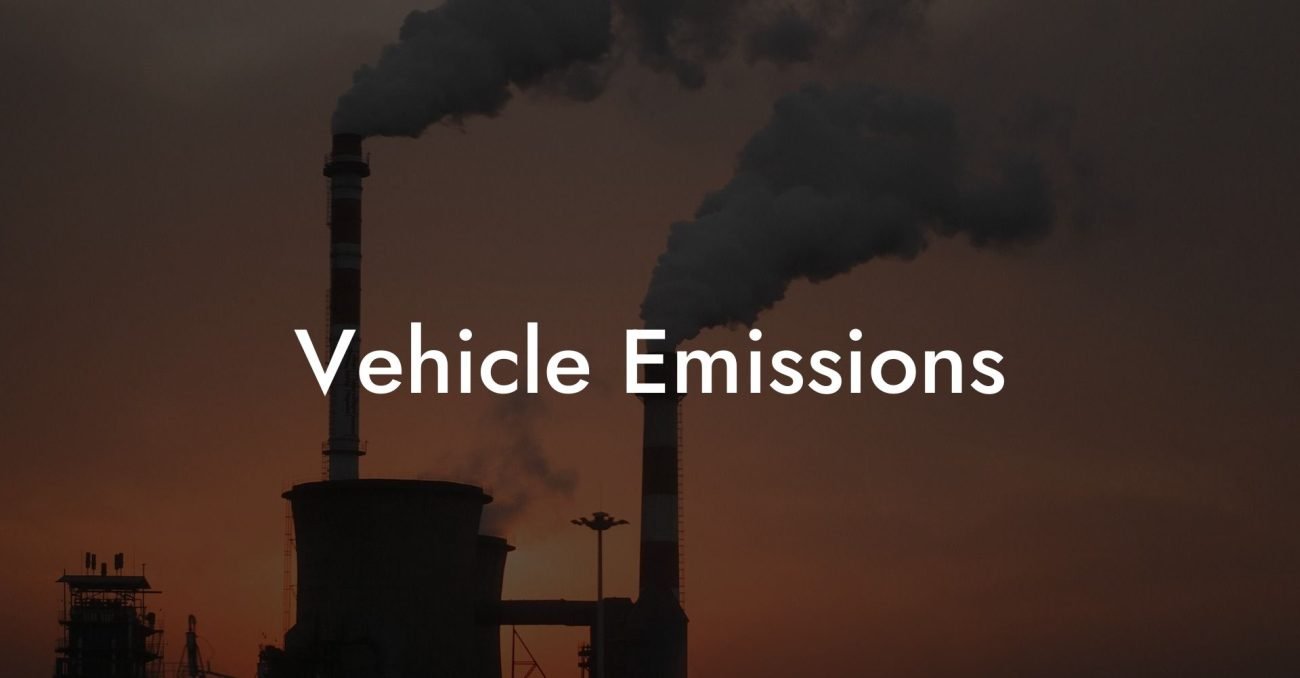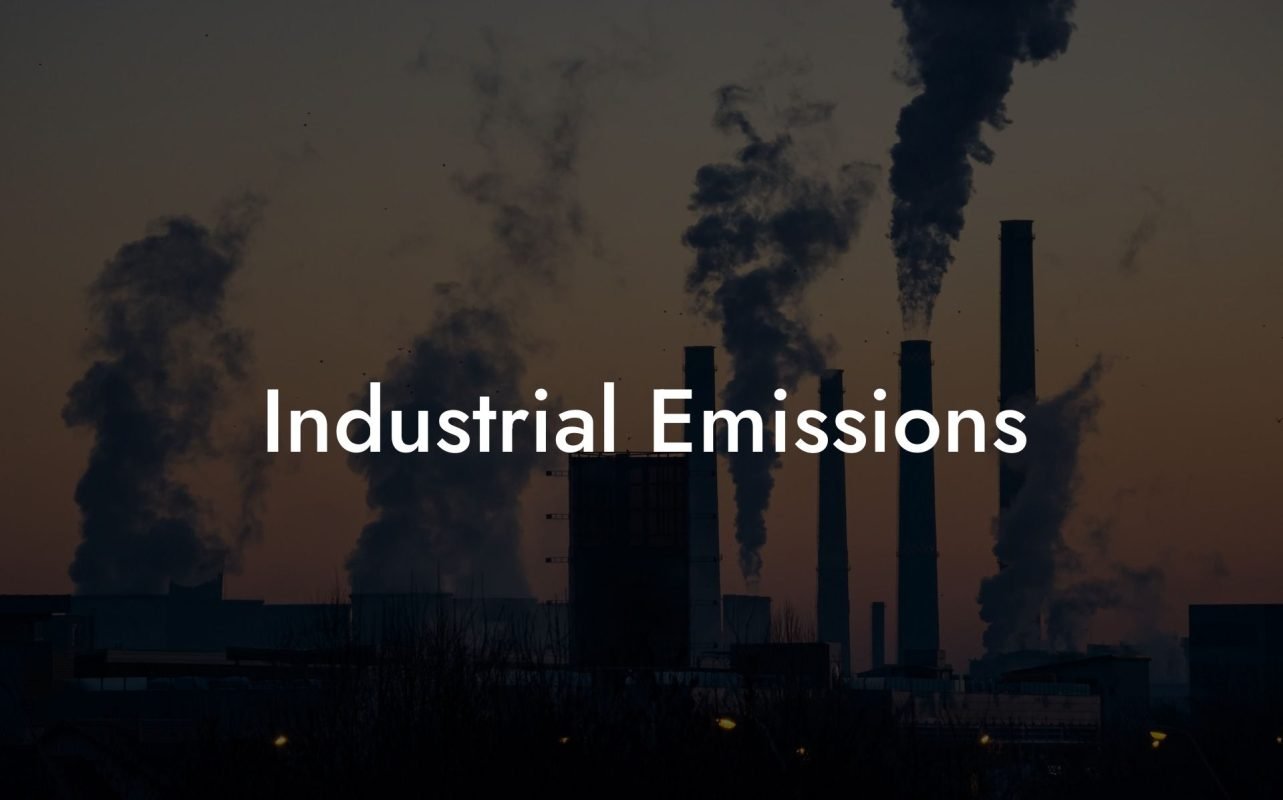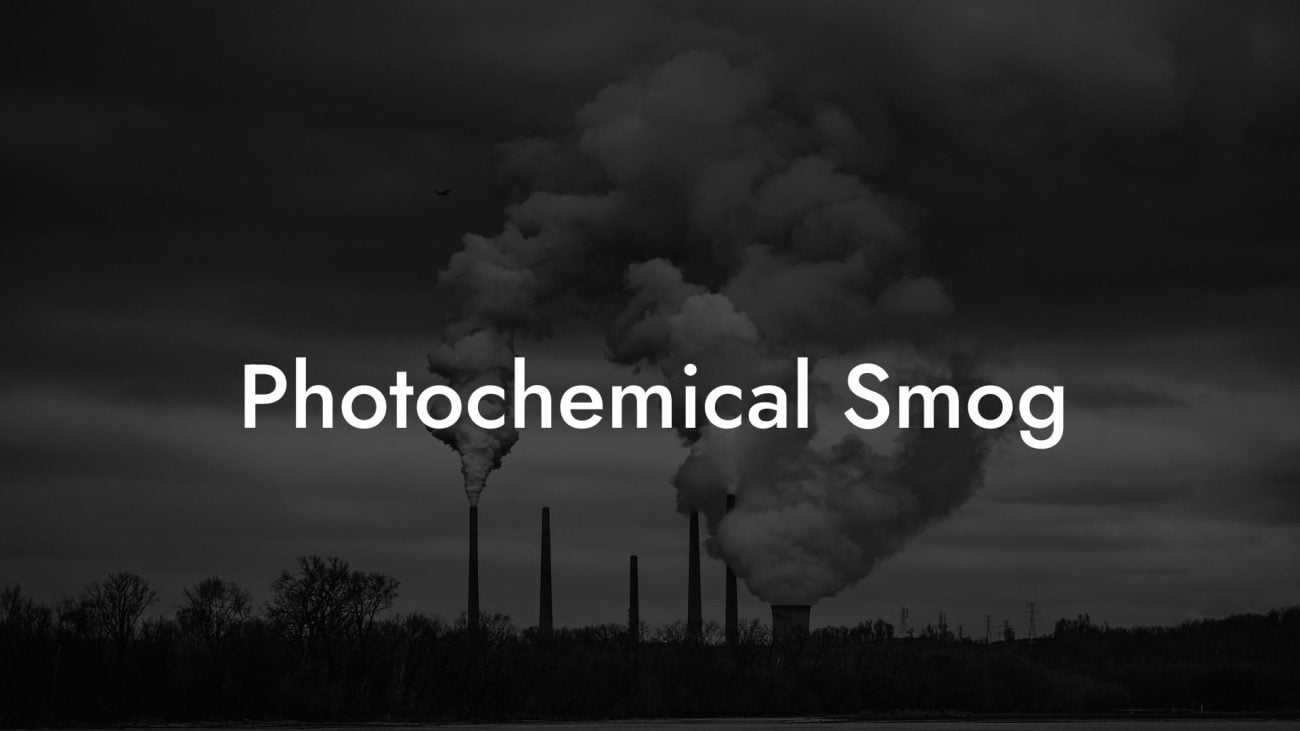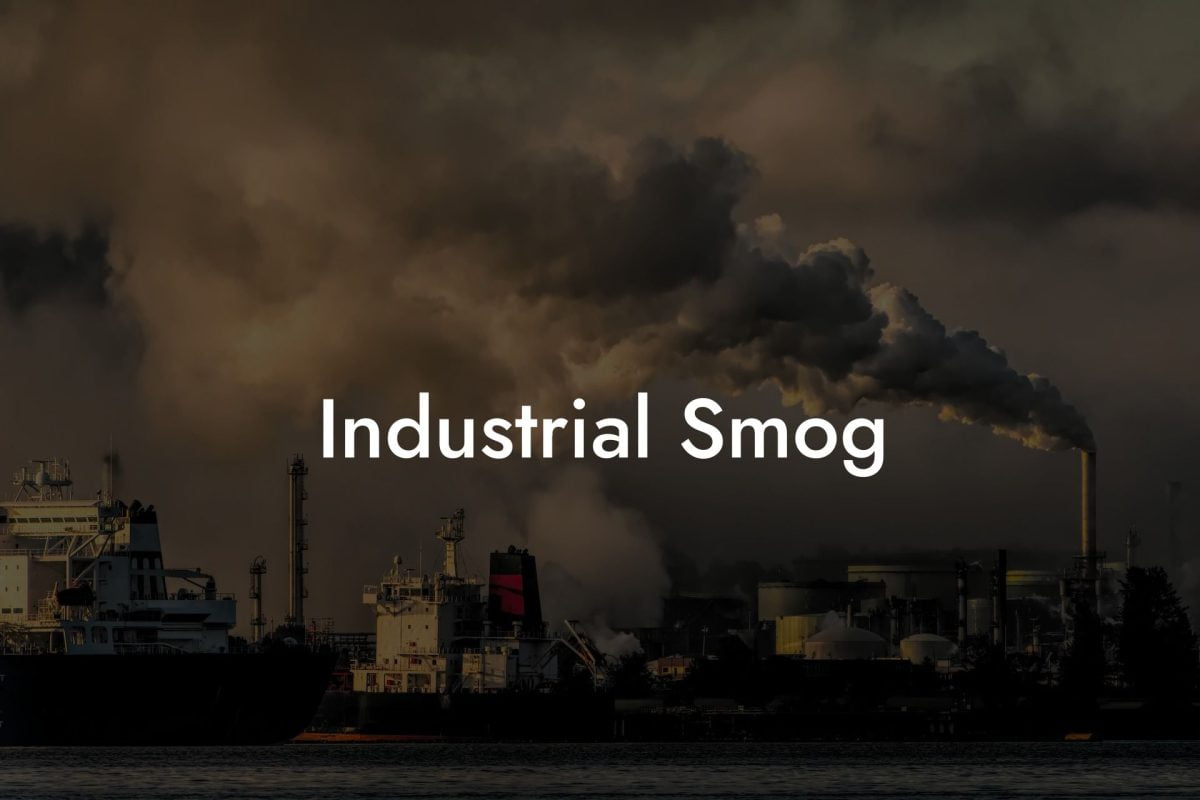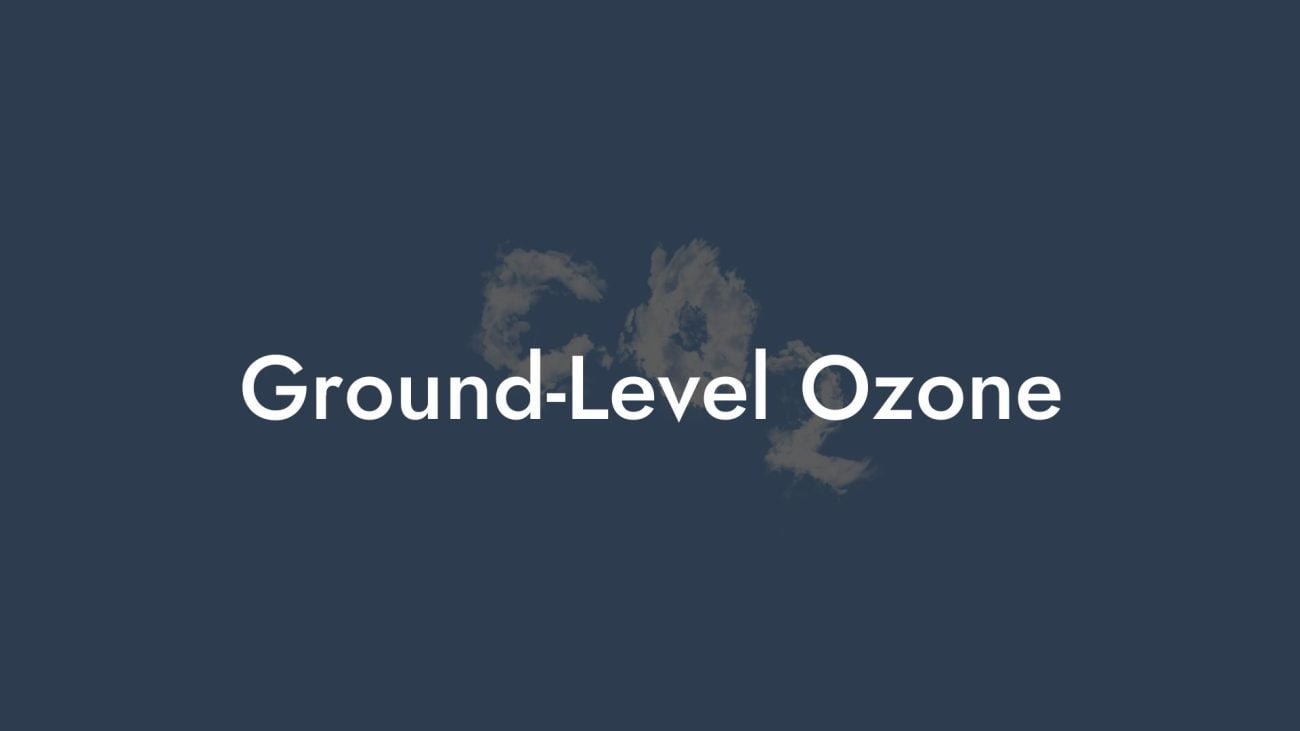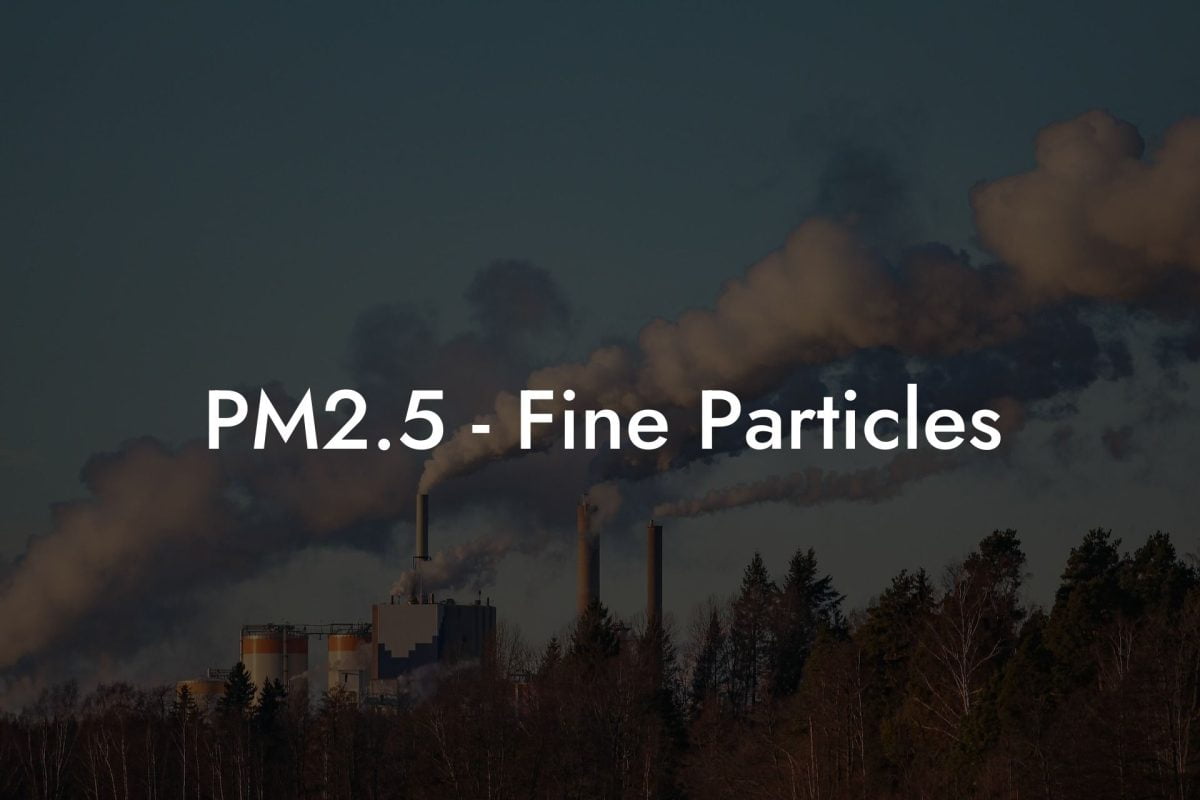Introduction to Air Pollution Causes
Air pollution, a significant environmental concern, is caused by a variety of natural and human-made sources. Understanding these sources is crucial for effective air quality management and policy-making.
The Complexity of Air Pollution
Air pollution comprises a mix of different substances, each originating from diverse sources, and impacting health and the environment in various ways.
Major Sources of Air Pollution
Industrial Emissions
Industries, including power plants, manufacturing facilities, and refineries, emit large amounts of pollutants like sulfur dioxide (SO2), nitrogen oxides (NOx), particulate matter (PM), and volatile organic compounds (VOCs).
Transportation
Vehicles are major contributors to urban air pollution, emitting NOx, PM, carbon monoxide (CO), and VOCs. The rise in vehicle numbers and urban traffic intensifies this problem.
Agricultural Activities
Agriculture contributes to air pollution through livestock-generated methane (CH4), ammonia emissions from fertilizers, and particulate matter from tilling and burning practices.
Residential Heating and Cooking
Burning fuels for cooking and heating in homes releases various pollutants, including PM, CO, and nitrogen dioxide (NO2), especially in areas without access to clean fuels and technologies.
Natural Sources
Natural sources like wildfires, volcanic eruptions, and dust storms contribute significantly to air pollution levels.
Types of Air Pollutants
Particulate Matter (PM)
PM, including PM10 and PM2.5, consists of tiny solid or liquid particles suspended in the air, posing significant health risks.
Gaseous Pollutants
Gases like NOx, SO2, CO, and ozone (O3) are common air pollutants, each with different sources and health impacts.
Secondary Pollutants
Some pollutants, like ground-level ozone, are formed through chemical reactions in the atmosphere between primary pollutants and natural elements.
Health Impacts of Air Pollution
Respiratory and Cardiovascular Diseases
Exposure to air pollutants can cause and exacerbate a range of health issues, including asthma, bronchitis, heart disease, and stroke.
Vulnerable Populations
Certain groups, such as children, the elderly, and those with pre-existing health conditions, are more vulnerable to the effects of air pollution.
Environmental Impacts
Ecosystem Damage
Air pollutants can harm ecosystems, affecting biodiversity, and leading to issues like acid rain, which damages forests and aquatic habitats.
Climate Change
Certain air pollutants, particularly greenhouse gases like CO2 and methane, contribute to global warming and climate change.
Monitoring and Managing Air Pollution
Monitoring air quality helps in identifying pollution hotspots and understanding the effectiveness of pollution control measures.
Policy and Regulation
Governments implement a range of policies and regulations to control and reduce emissions of harmful pollutants.
Air Pollution in the UK
Current Challenges
The UK faces challenges in tackling air pollution, especially in urban areas with high traffic and industrial activities.
The UK has taken various steps, including setting legal limits for key pollutants, promoting cleaner transport options, and investing in renewable energy.
UK Air Pollution: Your Ultimate Air Pollution Database
Comprehensive Data Resource
UK Air Pollution offers an extensive database of key air pollution data across all UK locations and postcodes, making it an invaluable tool for researchers, policymakers, and the public.
Why UK Air Pollution?
Our platform provides detailed, up-to-date information on air pollution, making it the perfect resource for all products, services, and research projects related to air quality in the UK.
The infographic above visually represents the causes of air pollution, including industrial emissions, transportation, agricultural activities, and residential heating and cooking, along with natural sources like wildfires and volcanic eruptions. It illustrates the types of pollutants such as particulate matter, gaseous pollutants (NOx, SO2, CO), and secondary pollutants like ground-level ozone. Additionally, it highlights the health and environmental impacts of air pollution, and the importance of monitoring and managing it. This engaging and informative visual is ideal for educational purposes, showcasing the various elements contributing to air pollution and their effects.
Frequently Asked Questions
What is Air Pollution?
Air pollution refers to the presence of substances in the atmosphere that are harmful to the health of humans and other living beings, or cause damage to the climate or to materials.
What Are the Primary Causes of Air Pollution?
The primary causes of air pollution include emissions from vehicles, industrial processes, power plants, agricultural activities, and the burning of fossil fuels like coal and oil.
How Do Vehicles Contribute to Air Pollution?
Vehicles contribute significantly to air pollution through the emission of pollutants such as nitrogen oxides, carbon monoxide, volatile organic compounds, and particulate matter.
What Role Does Industry Play in Air Pollution?
Industries contribute to air pollution by emitting a variety of pollutants, including sulfur dioxide, nitrogen oxides, particulate matter, and chemical vapors, often from burning fossil fuels.
Can Agricultural Activities Cause Air Pollution?
Yes, agricultural activities contribute to air pollution through the use of pesticides and fertilizers, livestock emissions, and the burning of agricultural waste.
How Does the Burning of Fossil Fuels Affect Air Quality?
The burning of fossil fuels releases a significant amount of pollutants like sulfur dioxide, nitrogen oxides, carbon monoxide, and particulate matter, deteriorating air quality.
What Are Volatile Organic Compounds (VOCs)?
VOCs are organic chemicals that have a high vapor pressure at room temperature. They are significant contributors to air pollution, especially in forming ground-level ozone and smog.
How Do Natural Sources Contribute to Air Pollution?
Natural sources of air pollution include volcanic eruptions, dust storms, forest fires, and pollen dispersal, which can significantly impact air quality.
What is the Impact of Construction and Demolition on Air Quality?
Construction and demolition activities contribute to air pollution by releasing particulate matter and other pollutants from construction dust, machinery emissions, and the use of certain building materials.
How Does Urbanization Affect Air Pollution?
Urbanization affects air pollution by increasing the number of vehicles, leading to more emissions, and concentrating industrial and commercial activities, which collectively contribute to higher pollution levels.
What is Particulate Matter, and Why is it a Concern?
Particulate matter consists of tiny particles suspended in the air. It is a concern because it can penetrate deep into the lungs and bloodstream, causing respiratory and cardiovascular problems.
How Do Power Plants Contribute to Air Pollution?
Power plants, especially those burning coal and oil, emit a range of pollutants, including sulfur dioxide, nitrogen oxides, particulate matter, and mercury, contributing to air pollution.
Can Household Activities Lead to Air Pollution?
Yes, household activities such as using cleaning products, painting, cooking, and heating can release various pollutants, contributing to indoor air pollution.
What is the Effect of Deforestation on Air Quality?
Deforestation impacts air quality by reducing the number of trees that absorb carbon dioxide and pollutants, exacerbating the greenhouse effect and contributing to air pollution.
How Do Weather Conditions Influence Air Pollution?
Weather conditions like wind, humidity, and temperature can influence the dispersion and concentration of pollutants, affecting the level of air pollution.
What is the Role of Traffic Congestion in Air Pollution?
Traffic congestion leads to increased
emissions of exhaust gases from vehicles, as idling engines and slow-moving traffic emit more pollutants than moving traffic, contributing significantly to urban air pollution.
How Does Waste Management Contribute to Air Pollution?
Improper waste management, including open burning of waste, landfill emissions, and the use of incinerators, releases various pollutants and particulate matter into the air.
What Are Greenhouse Gases and How Do They Affect Air Quality?
Greenhouse gases, such as carbon dioxide, methane, and nitrous oxide, trap heat in the Earth's atmosphere, contributing to global warming and climate change, which indirectly affects air quality.
Can Energy Production From Renewable Sources Reduce Air Pollution?
Yes, shifting to renewable energy sources like wind, solar, and hydroelectric power can significantly reduce air pollution, as these sources emit little to no air pollutants.
What is Smog, and How is it Formed?
Smog is a type of air pollution characterized by a mixture of smoke and fog, formed by the reaction of sunlight with pollutants like nitrogen oxides and VOCs, creating a haze that can impair visibility and harm health.
How Do Indoor Air Pollutants Differ from Outdoor Air Pollutants?
Indoor air pollutants, often from sources like tobacco smoke, cooking, heating appliances, and chemical off-gassing from materials, differ from outdoor pollutants in composition and concentration, impacting indoor air quality.
What Policies Can Help Reduce Air Pollution?
Policies that can help reduce air pollution include stricter emission standards for vehicles and industries, incentives for renewable energy, regulations on waste management, and urban planning strategies to reduce traffic congestion.
How Can Individuals Help in Reducing Air Pollution?
Individuals can contribute by using public transportation, carpooling, conserving energy, reducing waste, using eco-friendly products, and supporting policies aimed at improving air quality.
What is the Role of Trees and Plants in Improving Air Quality?
Trees and plants improve air quality by absorbing carbon dioxide and other pollutants, releasing oxygen, and contributing to the reduction of heat in urban environments.
How Does Air Pollution Affect Global Climate Change?
Air pollution affects global climate change by increasing the concentration of greenhouse gases, which trap heat in the atmosphere, leading to global warming and climate change.
What are the Economic Impacts of Air Pollution?
The economic impacts include increased
healthcare costs due to pollution-related health issues, lost productivity due to illness, and expenses related to pollution control and mitigation measures.
How Do Marine and Aircraft Emissions Contribute to Air Pollution?
Marine and aircraft emissions contribute to air pollution through the release of NOx, SO2, particulate matter, and other pollutants, particularly affecting air quality in coastal areas and around airports.
What Future Technologies Are Anticipated to Reduce Air Pollution?
Future technologies may include advanced emission control systems, electric and hydrogen-powered vehicles, smarter energy grids, and more efficient industrial processes to minimize pollution.


